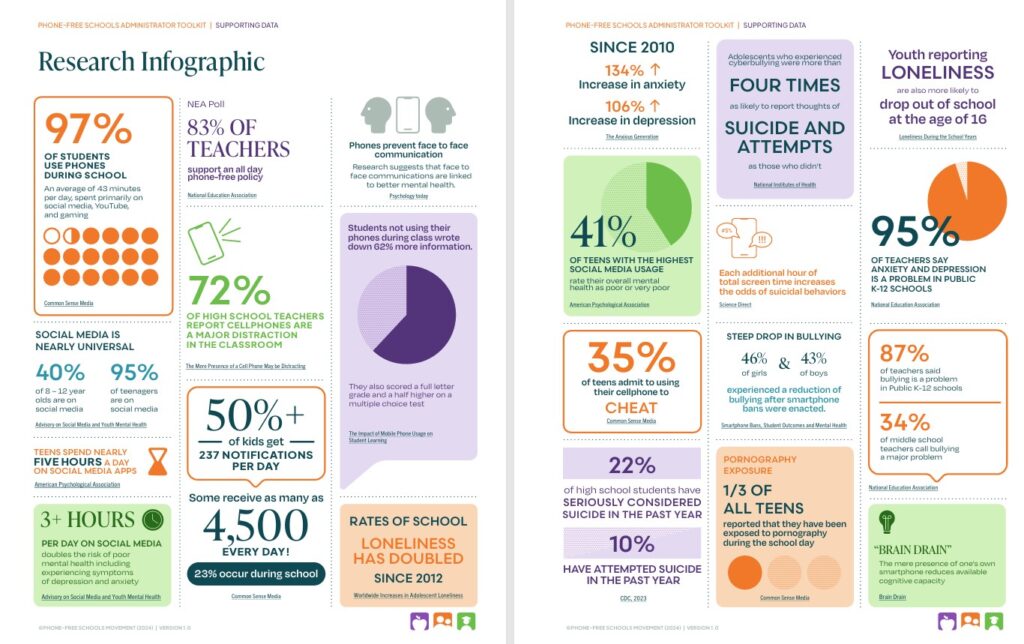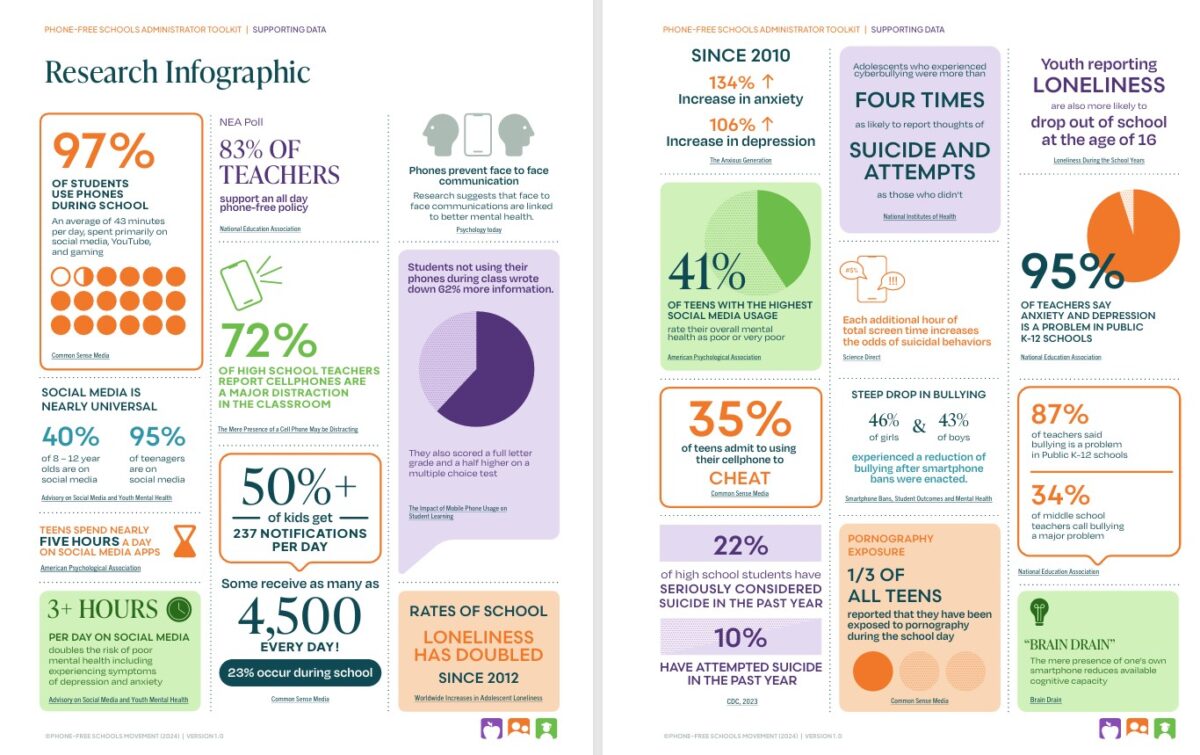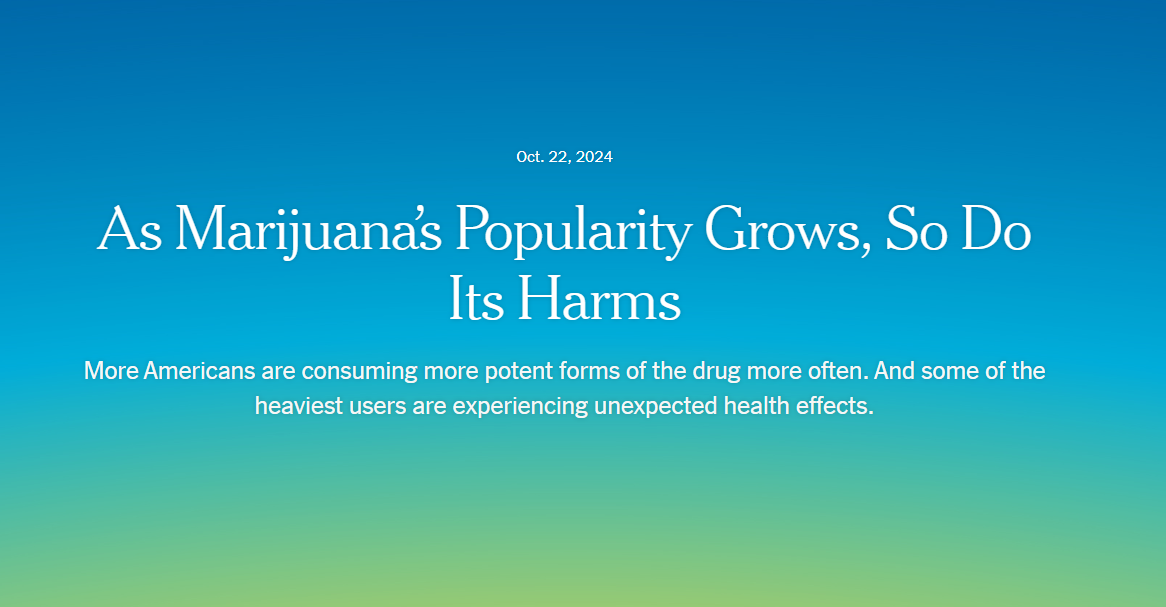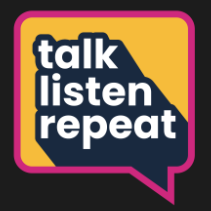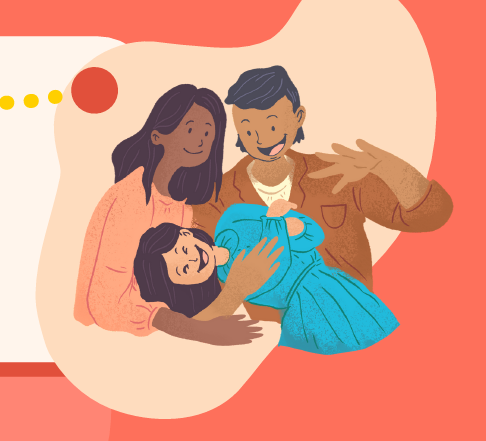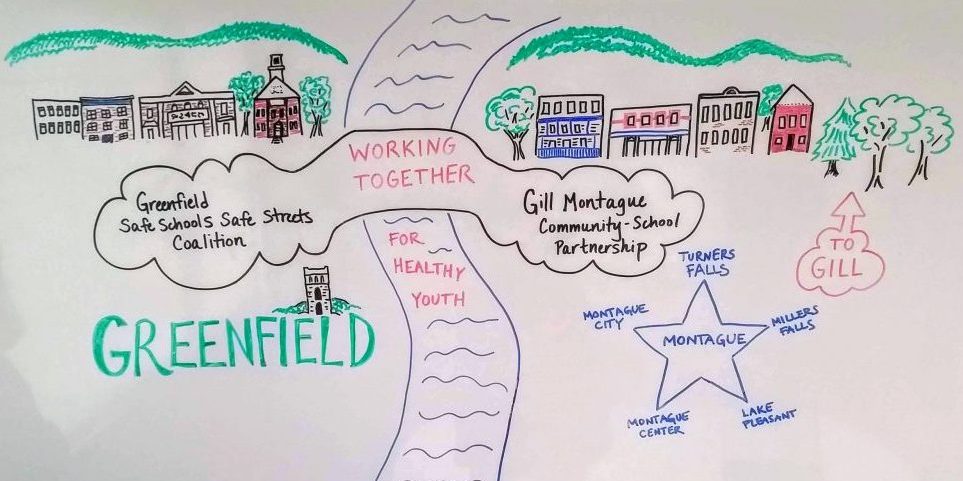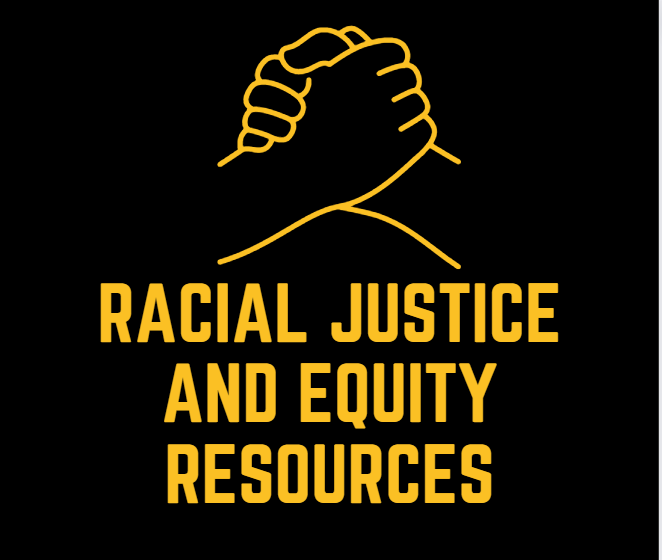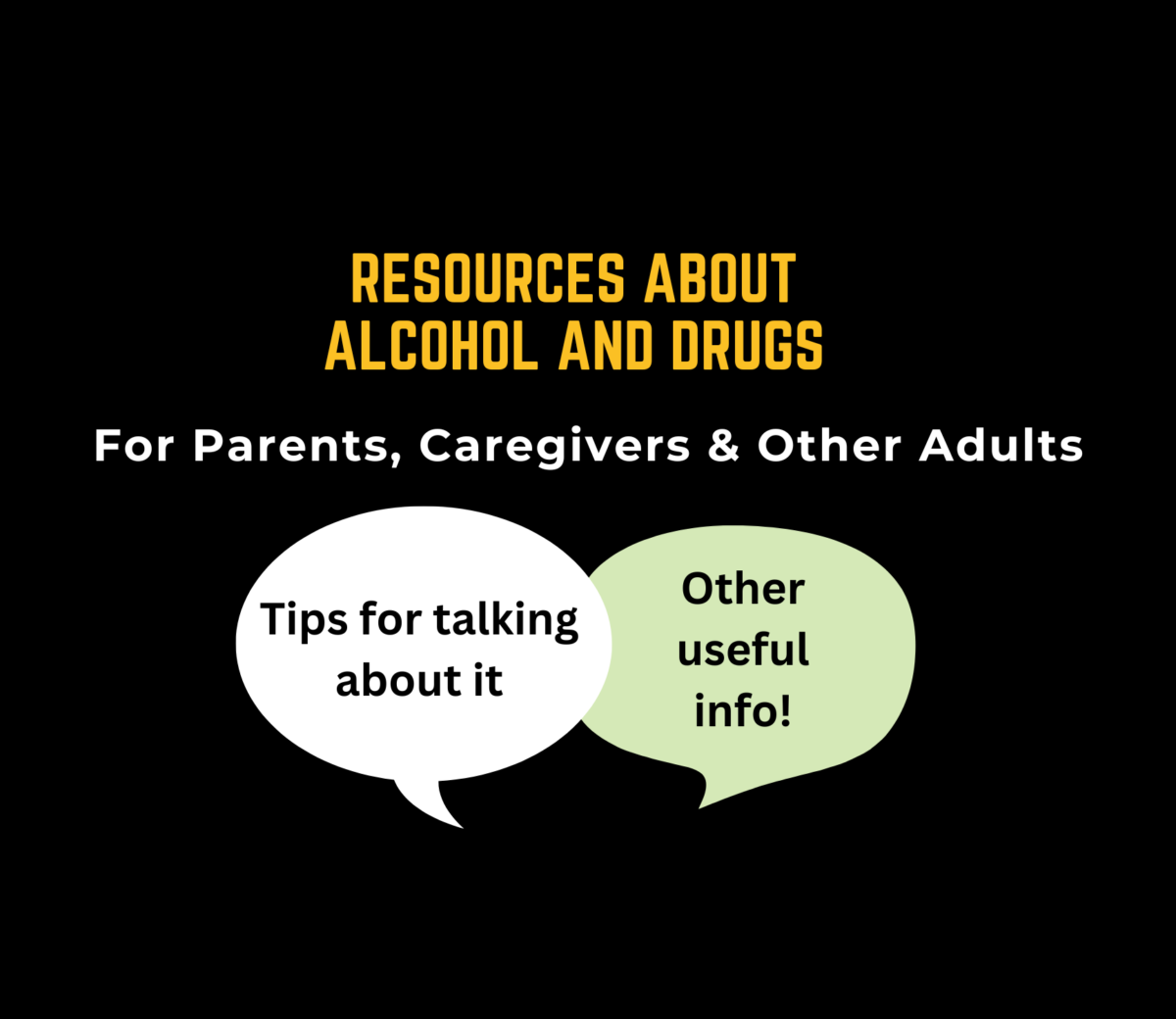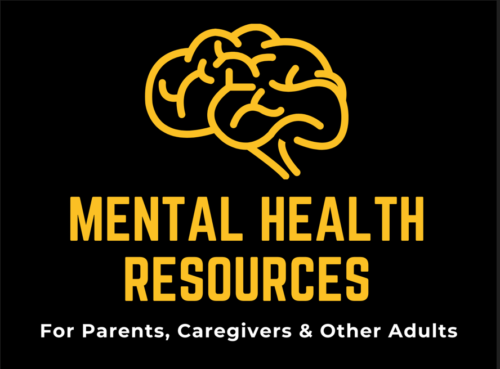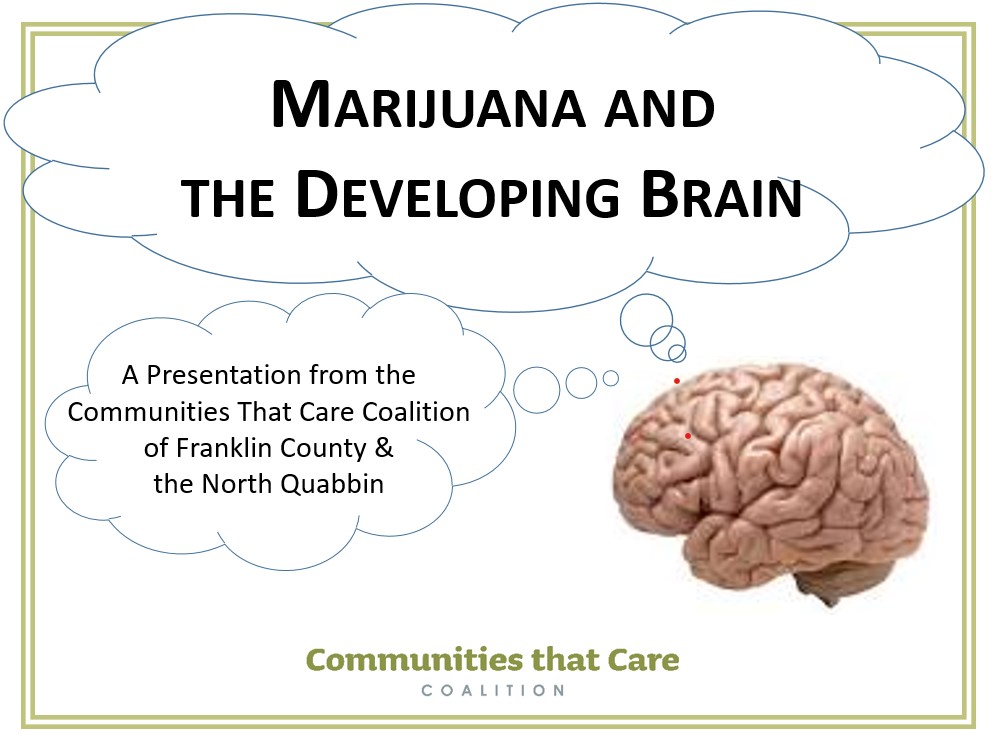Phone Free Schools Legislation for MA
Legislation has just been filed in the Massachusetts Senate and House requiring all schools in Massachusetts (K-12) to implement bell-to-bell (all day) phone and social media free policies. The Massachusetts Teachers Association, Education Secretary, and Attorney General have all come out in support. For more information about this legislation, see this Briefing Doc with FAQs, for relevant statistics see this Infographic from Phone-Free Schools Movement, and to sign your name or agency in support of this bill click for this Community Support Letter.
